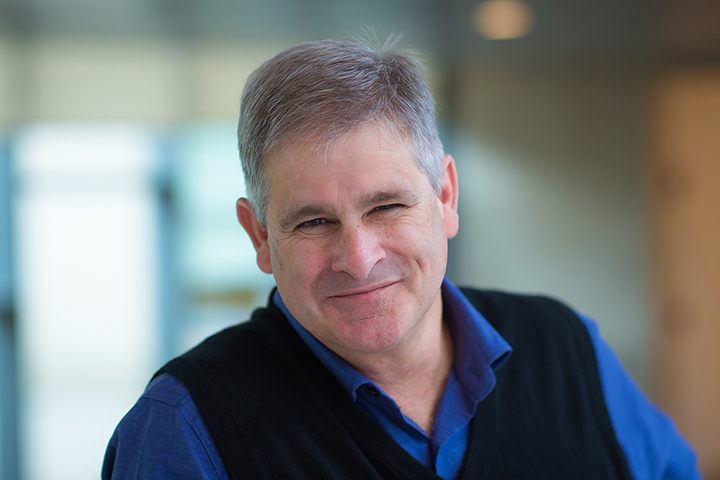
Image: Gretchen Ertl
The Effectiveness of a Quasi-Voluntary Regime: Cybersecurity for U.S. Critical Infrastructure
Chappell Lawson
February 5, 2020 12:00PM E40-496 (Pye Room)
Event Page: http://ssp.mit.edu/events/2020/the-effectiveness-of-a-quasi-voluntary-regime
The Effectiveness of a Quasi-Voluntary Regime: Cybersecurity for U.S. Critical Infrastructure
Abstract
The last two decades have revealed the vulnerability of privately owned “critical infrastructure” – the power grid, pipelines, financial networks, and other vital systems – to cyberattack. The central U.S. government response to this challenge has been a series of sectoral “partnerships” with private owner-operators of critical infrastructure, involving varying degrees of regulation. Qualitative analysis based on in-depth interviews with three dozen policymakers and senior private sector managers, as well as public available documents, reveals considerable variation across sectors in how well this approach has worked, with major implications for policy and public administration on civilian cybersecurity.
Bio
Chappell Lawson is an Associate Professor of Political Science at MIT. He directs the MIT International Science and Technology Initiatives (MISTI) program and the International Policy Lab. Professor Lawson's recent work has focused on Mexican politics, the effect of candidates' physical appearance on their electoral success, political leadership, and homeland security policy.
From September 2009 through February 2011, Professor Lawson was on leave from MIT as a political appointee in the Obama Administration, serving as Executive Director and Senior Advisor to the Commissioner of U.S. Customs and Border Protection. Before joining the MIT faculty, he served briefly as a Director of Inter-American Affairs on the National Security Council staff during the Clinton Administration.
Professor Lawson was a National Fellow at The Hoover Institution, Stanford University (2002-2003) and a Visiting Research Fellow at the Center for U.S.-Mexico Studies at the University of California, San Diego (1998-99). He received his Ph.D. from Stanford University in 1999 and his AB from Princeton (the Woodrow Wilson School) in 1989.